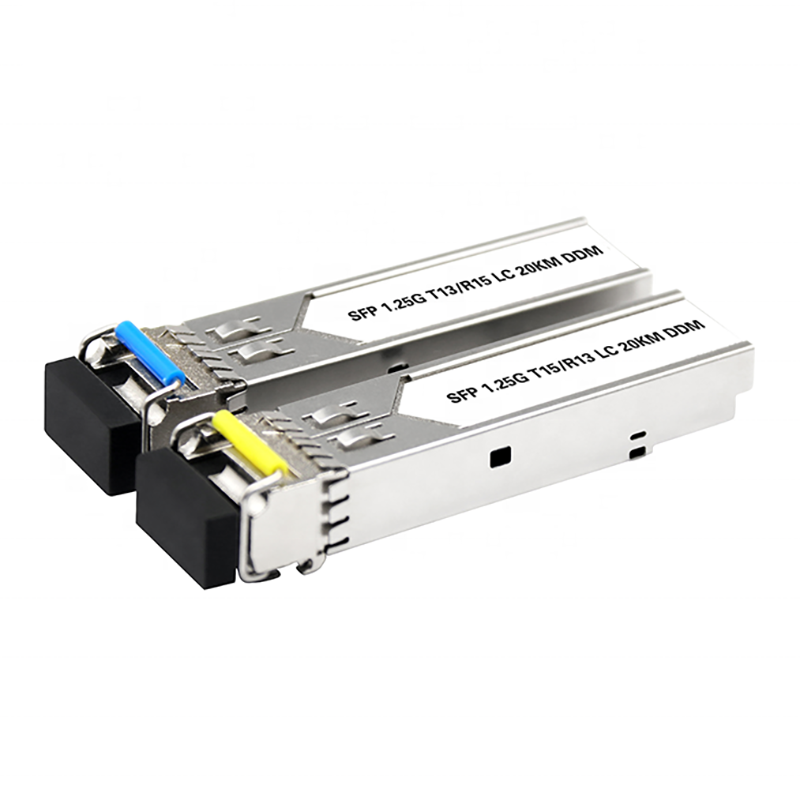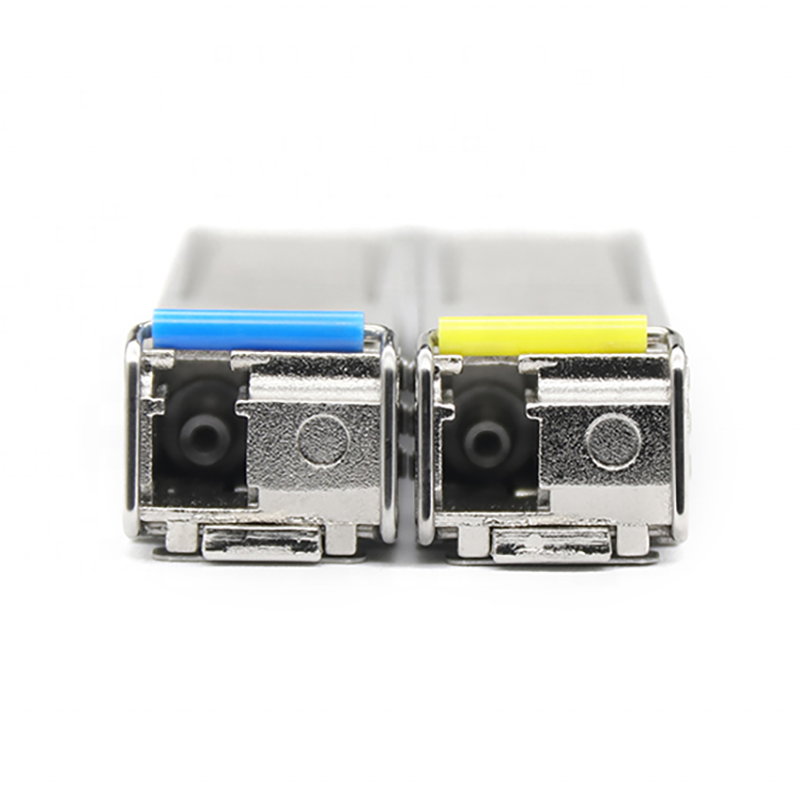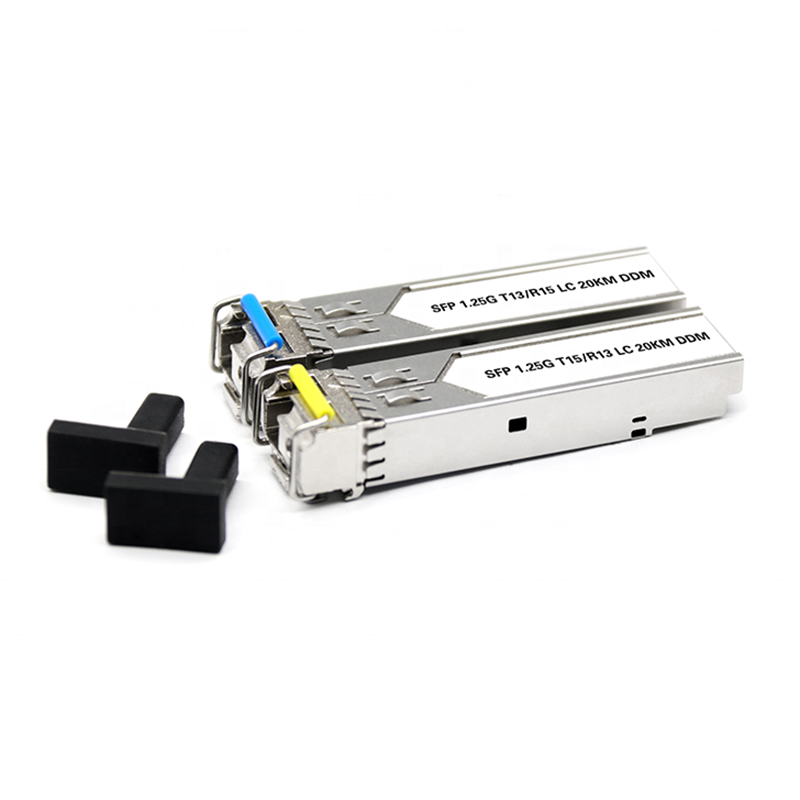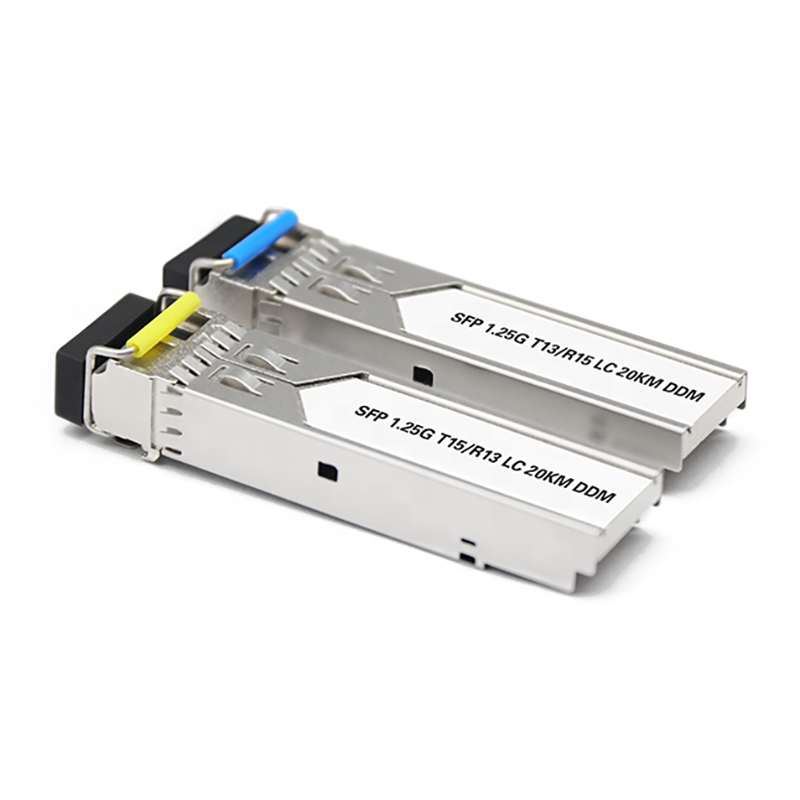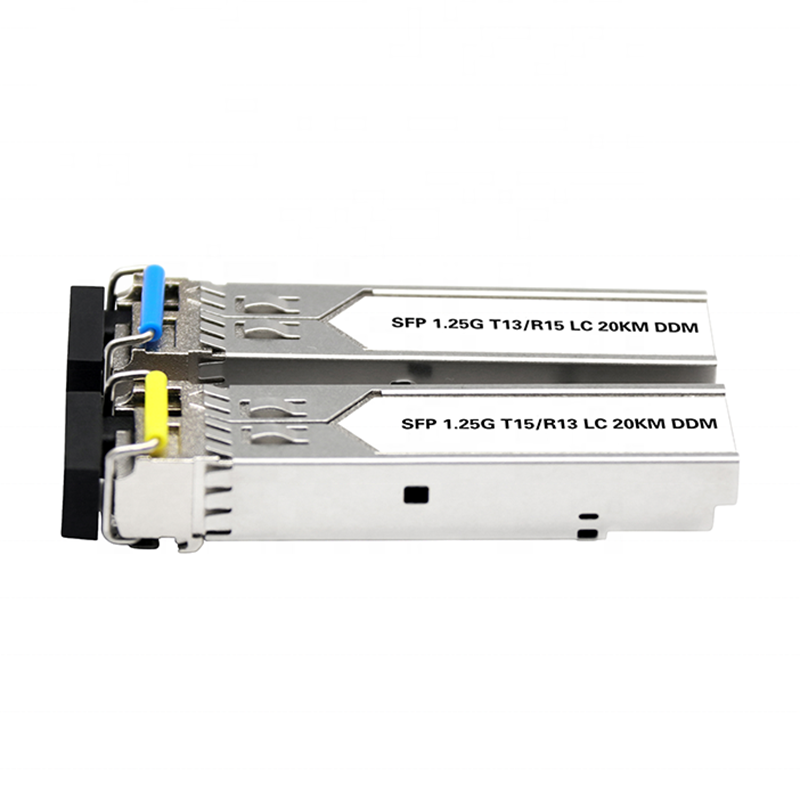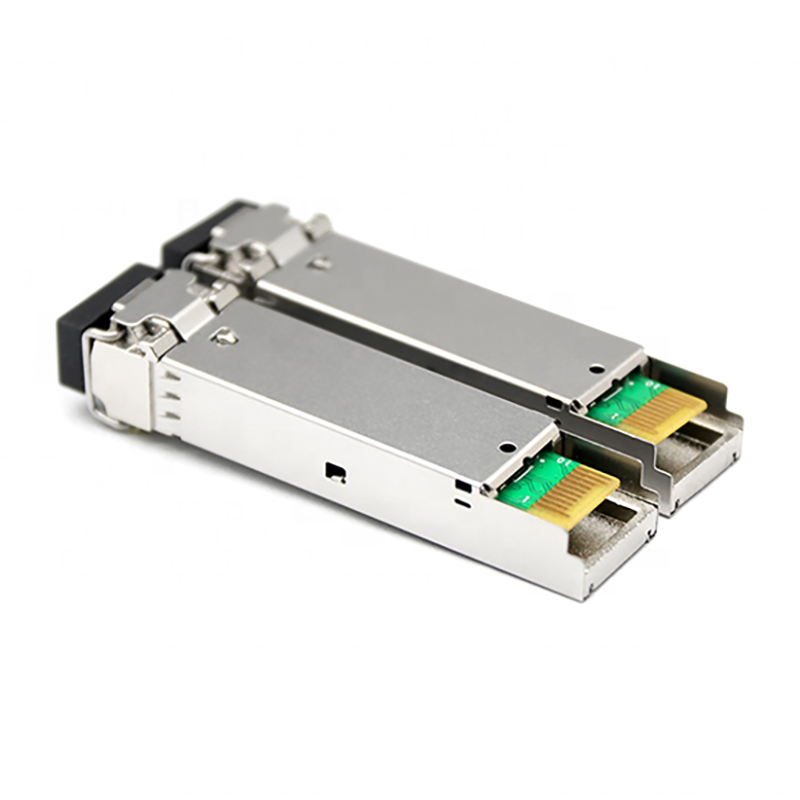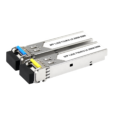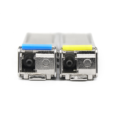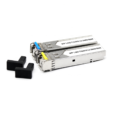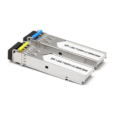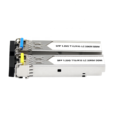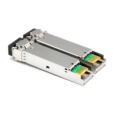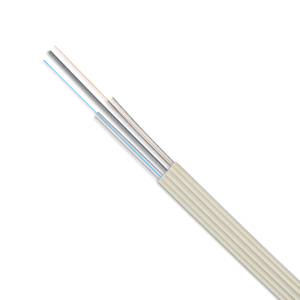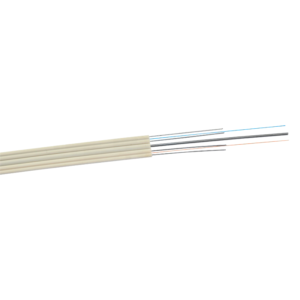SFP Optical Transceiver
The SFP Optical Transceiver is a hot-pluggable, modular optical transceiver that provides a reliable and cost-effective way to connect network devices over fiber optic cable. It is compatible with a wide range of networking equipment, including switches, routers, and servers.
Description
SFP Optical Transceiver: A Versatile Solution for High-Speed Fiber Optic Data Transmission
Features
- Hot-pluggable for easy installation and removal
- Compatible with a wide range of networking equipment
- Supports a variety of data rates and distances
- Low power consumption
- Durable metal enclosure
Applications
- Gigabit Ethernet networks
- Fiber Channel networks
- SONET/SDH networks
- ATM networks
Common Parameters
| Parameter | Value |
| Data rate |
125 Mbps to 40 Gbps
|
| Distance | Up to 200 km |
| Fiber type |
Multimode or single-mode
|
| Wavelength |
850 nm, 1310 nm, or 1550 nm
|
Benefits
- Flexibility: SFP Optical Transceivers are available in a wide range of data rates, distances, wavelengths, fiber types, and connector types. This flexibility allows you to choose the right SFP Optical Transceiver for your specific network needs.
- Scalability: They can be easily added or removed to your network as your needs change. This scalability makes SFP Optical Transceivers a good choice for growing networks.
- Reliability: They are designed to be reliable and durable. They are hot-pluggable, which means they can be installed or removed without disrupting network traffic. They also have a low power consumption, which helps to reduce energy costs.
- Cost-effectiveness: They are a cost-effective way to connect network devices over fiber optic cable. They are less expensive than other types of optical transceivers, such as XFP and GBIC transceivers.
The SFP Optical Transceiver is a versatile and cost-effective way to connect network devices over fiber optic cable. It is a good choice for a wide range of applications, including Gigabit Ethernet, Fiber Channel, SONET/SDH, and ATM networks.


